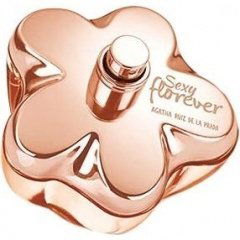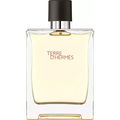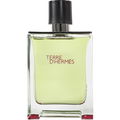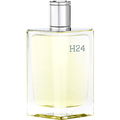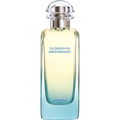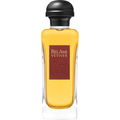/ 10
2 Ratings
A perfume by Hermès for women, released in 2001. It is being marketed by Puig.
Pronunciation Compare
Pronunciation Compare
Fragrance Pyramid
 Top Notes
Top Notes  Gardenia leaf
Gardenia leaf  Grapefruit
Grapefruit  Peach
Peach  Heart Notes
Heart Notes  Frangipani
Frangipani  Jasmine
Jasmine  Peony
Peony  Rose
Rose  Base Notes
Base Notes  Amber
Amber  Benzoin
Benzoin  Cedar
Cedar  Vanilla
Vanilla  Plixganfor
PlixganforVideos
Watch video
Ratings
Submitted by Michael, last update on 08/20/2023.
Smells similar
What the fragrance is similar to

